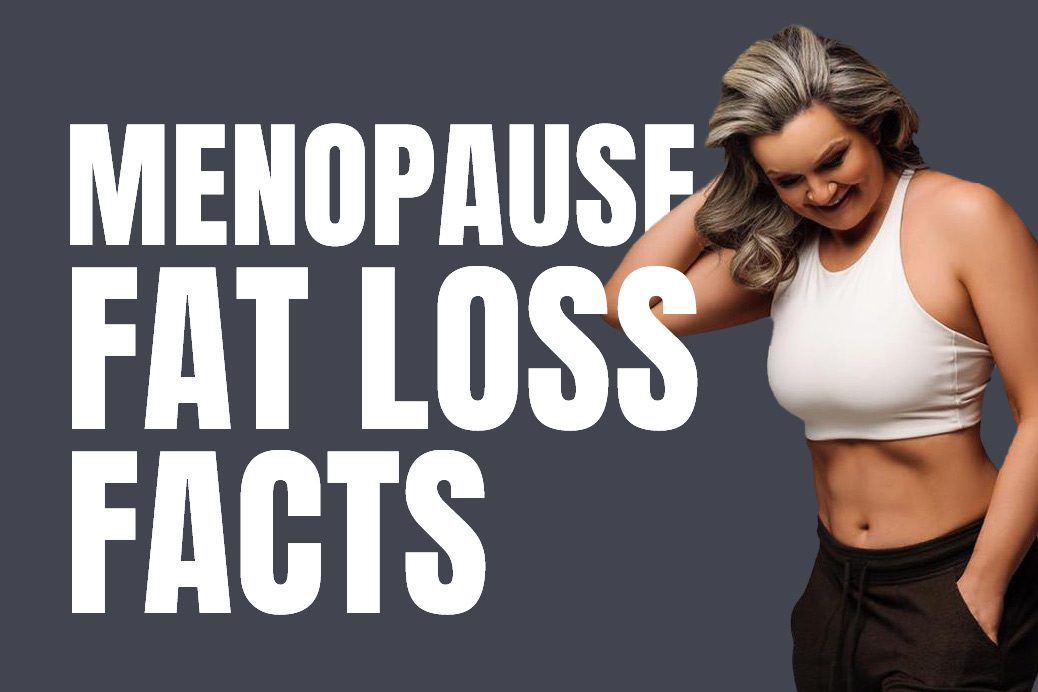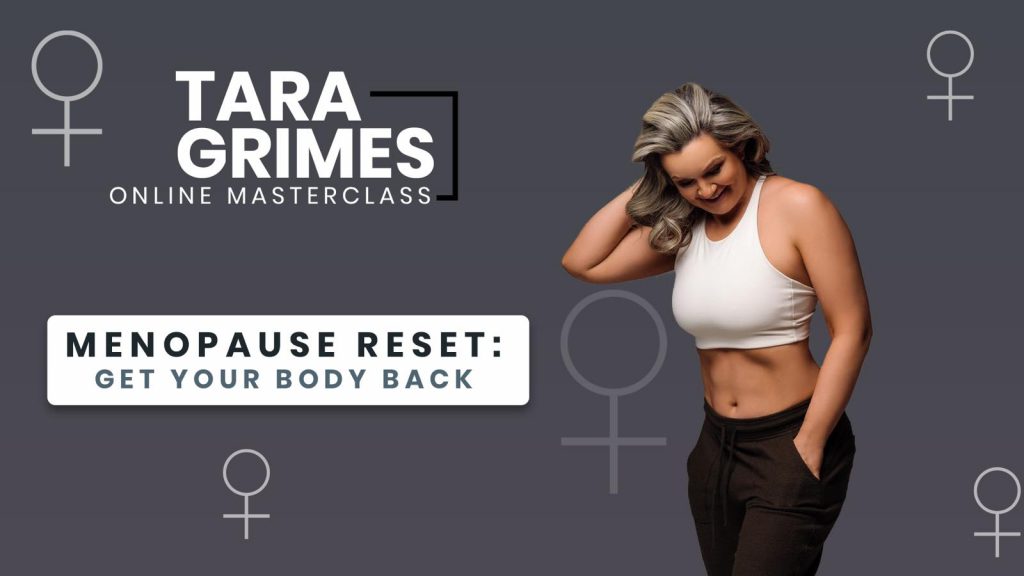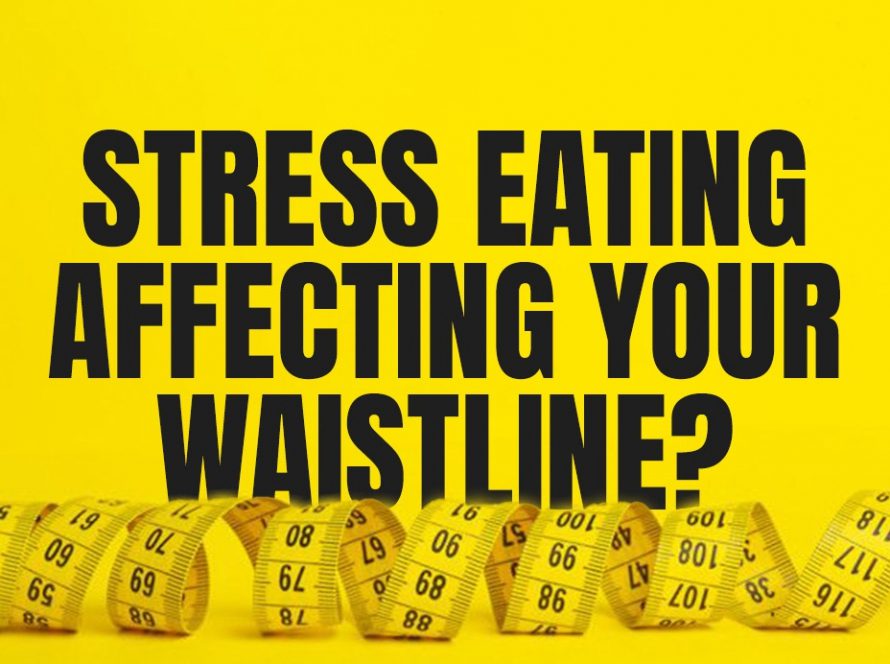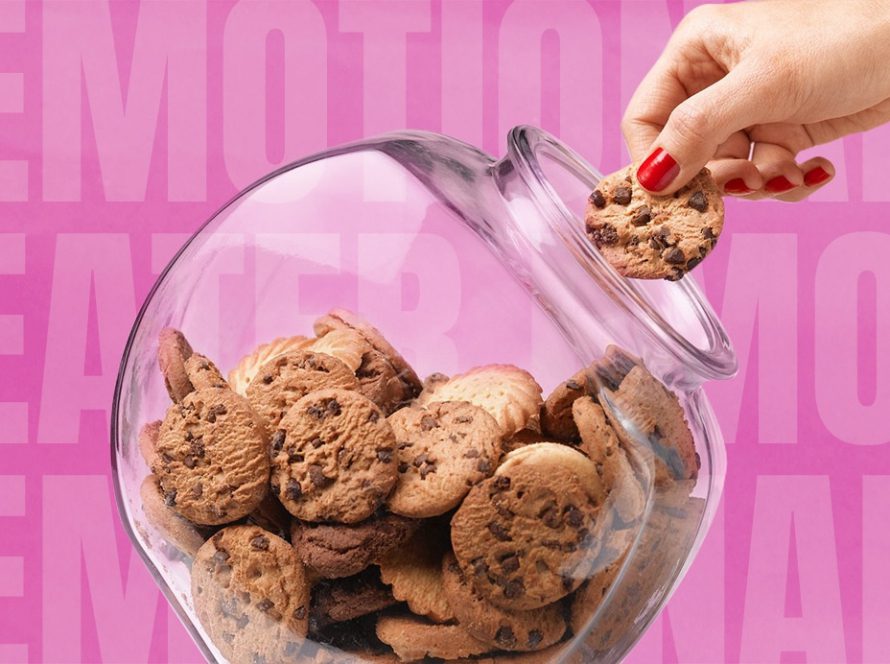Most females report that the only thing that gets thinner in Menopause is their hair!!
During my 1-1 Online Coaching, I work with many women over the age of 50 who find that managing body weight and gaining weight is a huge challenge during this phase of their adult life. It can really get them down.
What also happens during menopause – aside from the increase in body fat – is that body composition also changes:
There is a reduction in muscle mass and a reduction in bone mineral density.
All is not gloomy, and I get amazing results with clients during this age and stage of life. But it requires effort! Check out these transformation pictures of recent 1-1 online clients – all over 50!
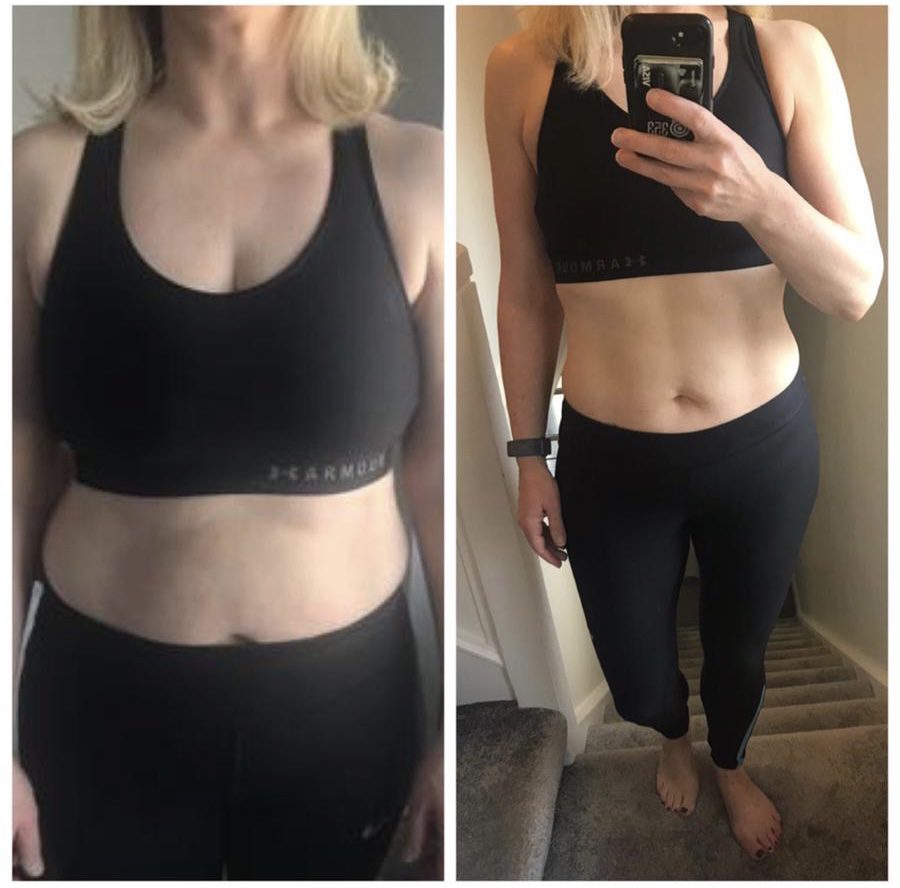
Exercise Facts for Menopausal Women
As a rule, my clients at this age do not like to participate in active and vigorous exercise; rather a gentle walk seems to be about as much as they do. However, research and evidence proves that improving muscle density and improving functional impact movement is essential to strengthening bones. Especially important in the case of females of menopausal age, i.e. walking just won’t cut it – Martyn-St James and Carroll (2008) state that early menopausal women can improve just as much as pre-menopausal women with high-intensity training.
Takeaway – do more high impact exercise like HIIT training, strength training, bodyweight training. Start slowly and build incrementally.
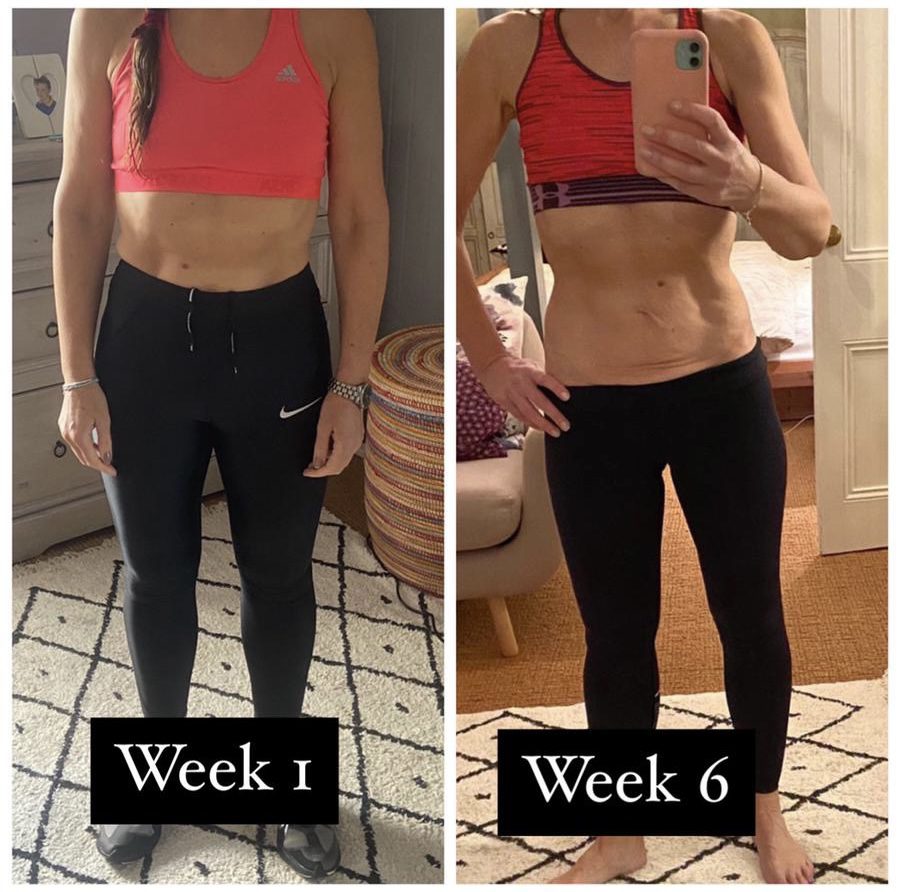
Diet Facts for Menopausal Women
“It’s so much harder to lose weight!”
During menopause, estrogen levels drop. Estrogen is actually essential for appetite control! When estrogen drops dramatically, we see the greatest impacts on all symptoms, including seeming appetite.
My thoughts; but here’s the thing. The law of energy balance is still unequivocal and what I observe is a lifestyle shift or change in females from their 20 and 30s into the 40s and 50s. We now know and have accepted that hormones only play a small part in fat gain. What actually happens is that as we get older, we tend to move less; therefore, expending less energy and burning fewer calories and consume more calories.
Disposable income increases as we age, dining out is a social norm, relaxed attitude to our diet, body and movement. More consuming of highly calorific processed foods, increase in alcohol and reduced overall movement and exercise. Plus during Menopause fatigue plays a role in that energy levels drop, feeling less inclined to participate in physical activity or cook more nutritious foods. Mood and increased anxiety can cause females to default to food or alcohol to use their coping mechanisms and self soother.
Takeaway – Look closely at calorie intake, are you eating more than your body needs? Remember that as we age, the body requirement for calorie actually decreases to maintain the weight they don’t remain the same as they were in your 20, 30 or 40s. Furthermore, if you are moving less than you were in previous decades of your life, your calorie intake needs to decrease to accommodate the lack of movement and exercise.
100% of the time, I get the same results by applying the same principles for younger clients with my menopausal clients. If you find that you’ve tried everything and need a hand held to successful weight loss and better health, improved bone density and muscle tone then reply to this email to join my 1-1 VIP Online Coaching Program or why not click the link below and access my FREE masterclass on Menopause.

